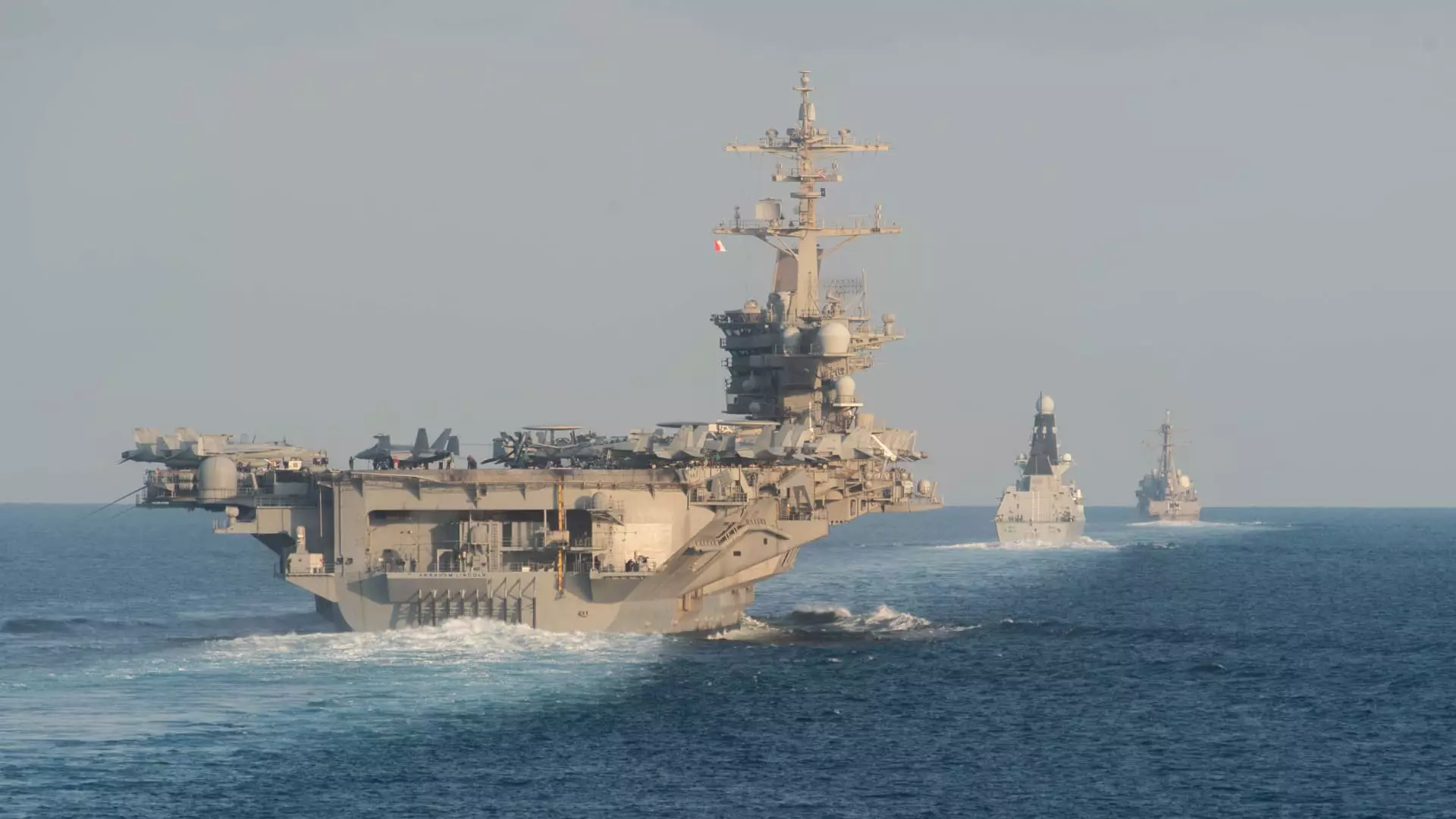The United States has decided to ramp up its military presence in the Middle East in order to bolster its resources for the defense of Israel. This decision comes in light of escalating tensions in the region and the need to show unwavering support for Israel’s security. Secretary of Defense Lloyd Austin has reaffirmed the U.S.’s commitment to defend Israel and announced the strengthening of military force posture and capabilities throughout the Middle East. This includes the deployment of a guided-missile submarine and the acceleration of a carrier strike group equipped with F-35C fighter jets.
The Biden administration’s support for Israel has come under scrutiny and criticism, with many arguing that the U.S. should use its influence to enforce a cease-fire and halt the supply of arms to Israel. President Biden himself has expressed concern over the Israeli offensive and the civilian casualties resulting from the conflict. This stance has resonated with a significant portion of Democratic voters, as evidenced by the “uncommitted” ballots cast in the Michigan Democratic primary, indicating that this issue will be paramount in the upcoming presidential election.
The recent killing of Hamas’ former political chief Ismail Haniyeh in Tehran has further heightened tensions in the Middle East. Iran has vowed retaliation against Israel for the assassination, although no military response has been initiated yet. The prospect of an all-out war between Israel and Iran, along with Iran’s proxies like Hezbollah, looms large and poses a grave threat to all parties involved. Both countries are under immense pressure to respond militarily, with the risk of escalation increasing.
The death of Haniyeh and the subsequent appointment of Yahya Sinwar as Hamas’ new political leader have added a layer of uncertainty to the conflict between Hamas and Israel. Sinwar, known for his close ties to Iran and extremist views, is less inclined towards compromise and may further complicate efforts to reach a cease-fire agreement. The destruction and casualties resulting from the ongoing hostilities have exacerbated the humanitarian crisis in the Gaza Strip, with the United Nations reporting extensive damage to infrastructure and the loss of thousands of lives.
The decision to bolster military resources in the Middle East to defend Israel reflects the precarious situation in the region and the urgent need to address escalating tensions. The Biden administration’s support for Israel has sparked debates and criticisms, highlighting the complexities of U.S. foreign policy in the Middle East. The ongoing conflict between Israel and Iran, along with the appointment of a new Hamas leader, underscores the challenges of finding a diplomatic solution to the longstanding conflict. As the situation continues to evolve, the need for de-escalation and dialogue becomes increasingly imperative to prevent further bloodshed and instability in the region.


Leave a Reply